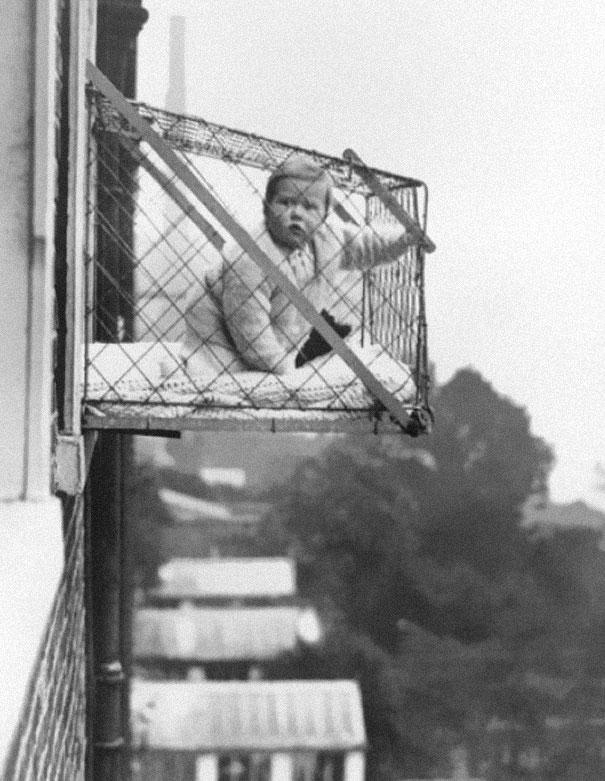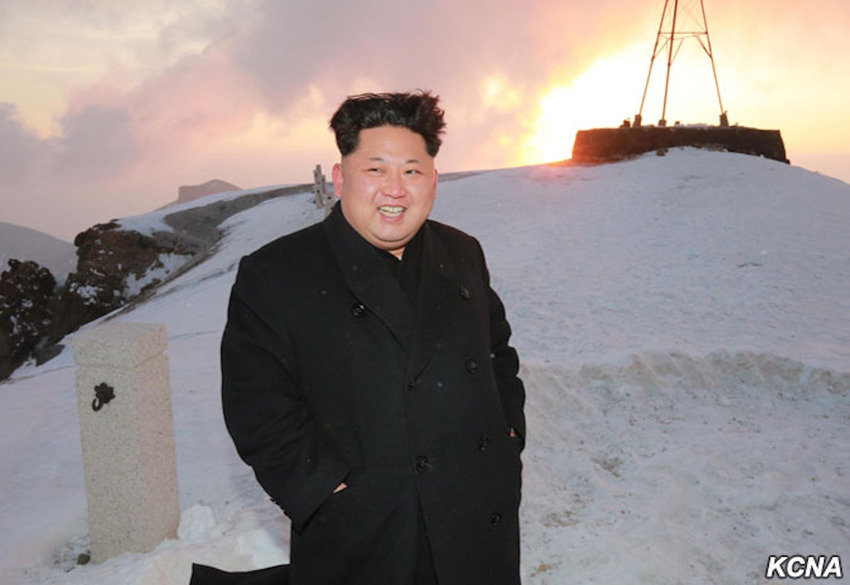“First Amendment
Congress shall make no law respecting an establishment of religion, or prohibiting the free exercise thereof; or abridging the freedom of speech, or of the press, or the right of the people peaceably to assemble, and to petitition the Government for a redress of grievances.”
September 25, 1789
Those are the words of the First Amendment to the United States Constitution, it “guarantees” to citizens of the United States freedom of speech. In an age where demagogues and entertainers disguise themselves as news commentators and journalists, we find ourselves biting our tongues a lot. In 1992 Caroline Kennedy and Ellen Alderman wrote a profound book explaining just how much we have to bear In Our Defense. Freedom of speech does not come easily.
Every university and major metropolitan area in every democracy has a square or other location where people stand up on soap boxes, literal or figurative, and exercise this fundamental right. I very vividly remember visiting Berkeley in my twenties and watching the perennial speakers. It is a hugely important element of social history.
My mind was taken back to that afternoon in Berkeley, California this afternoon when I was reading a piece by Phil Coomes on the BBC about a photographic study of the “Speakers’ Corner” in London’s Hyde Park, where anyone can get on their soapbox and make their voice heard. Photographer Philip Wolmuth has been documenting the corner for 35 years, and has just published a book of the work. An insightful point made by Mr. Wolmuth is that “the subjects under discussion were then, and still are, almost entirely unrelated to day-to-day news headlines.” And yet the rhetoric and debate is pure democracy at work.
When you recognize the importance of the subject matter you instantly recognize the importance of photography in capturing this social history. Otherwise it would be gone completely, and Philip Wolmuth’s photographs are so vivid that you can imagine the words; you can hear them. Also to the point, anyone, any photographer can contribute to the important act of social documentation. Society is all around us and changing at lightening speed. It is not difficult to recognize what will be gone soon – drones to deliver packages, robots replacing waiters.
Take a look at some of these photographs. If you are of my generation they will take you back. And pause for a moment and consider the words of Thomas Jefferson in his second inaugural address:
“…every difference of opinion is not a difference of principle. We have called by different names brethren of the same principle. We are all Republicans, we are all Federalists. If there be any among us who would wish to dissolve this Union or to change its republican form, let them stand undisturbed as monuments of the safety with which error of opinion may be tolerated where reason is left free to combat it.”
March the Fourth, 1801


